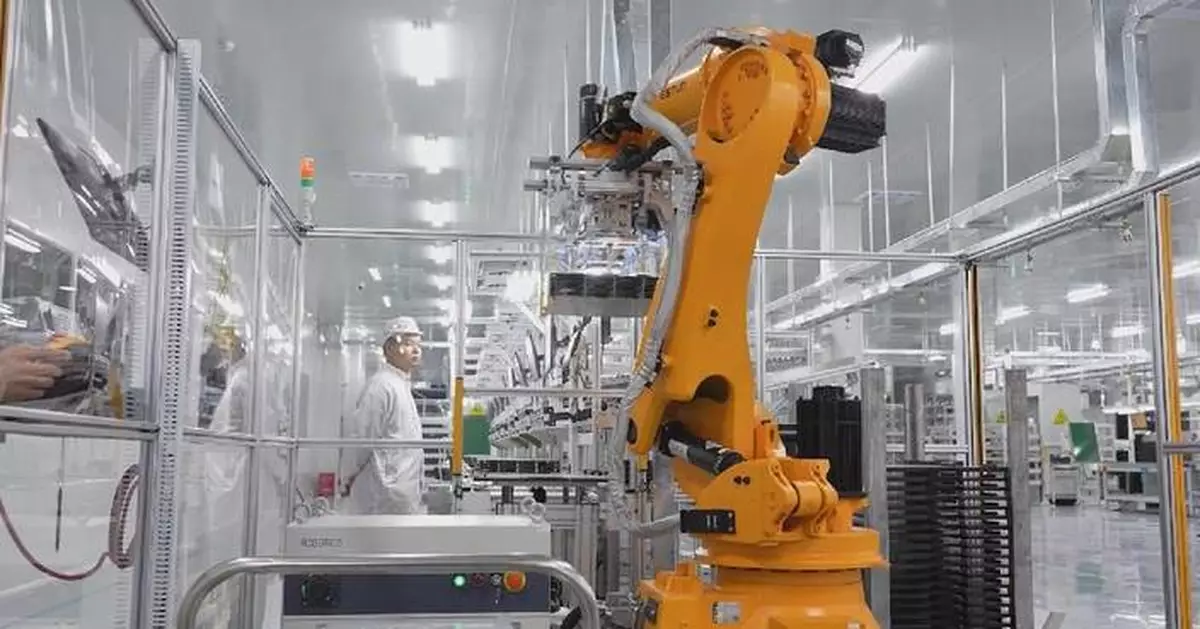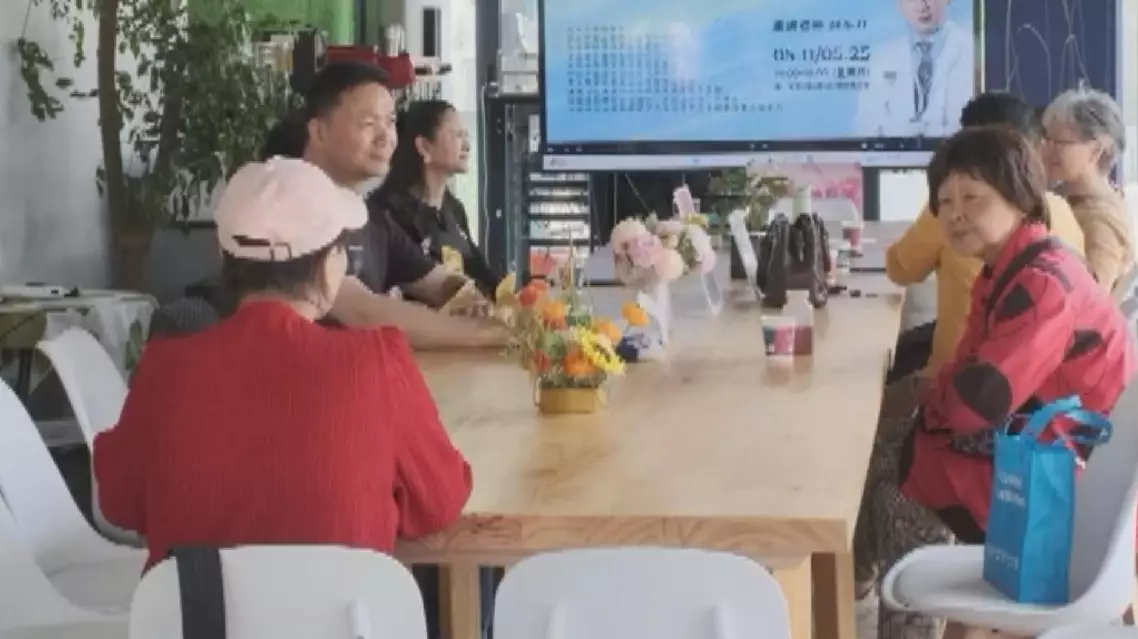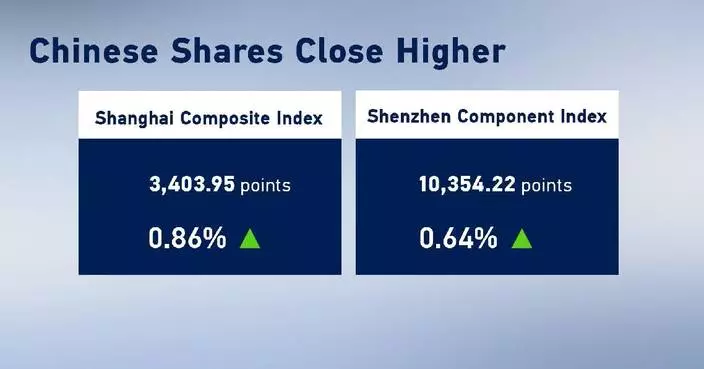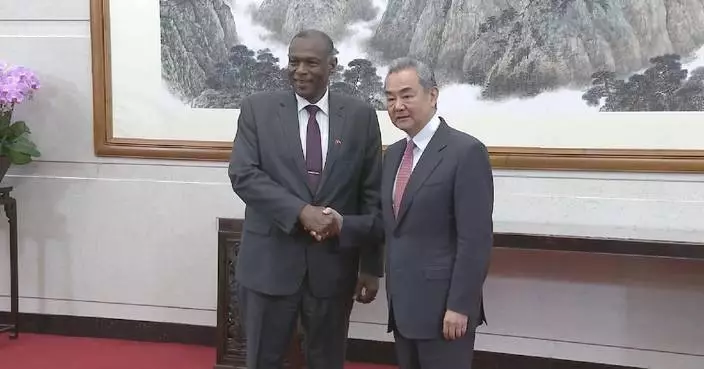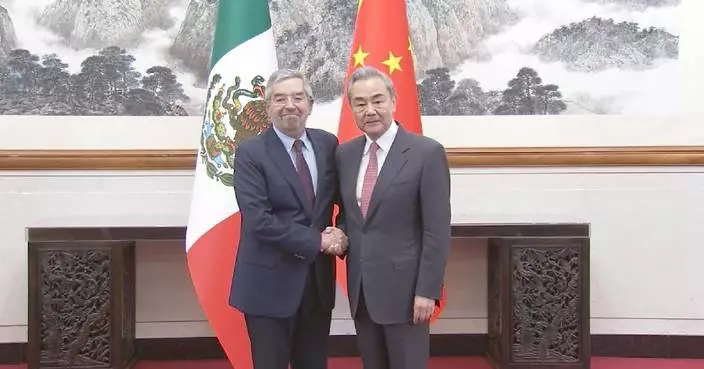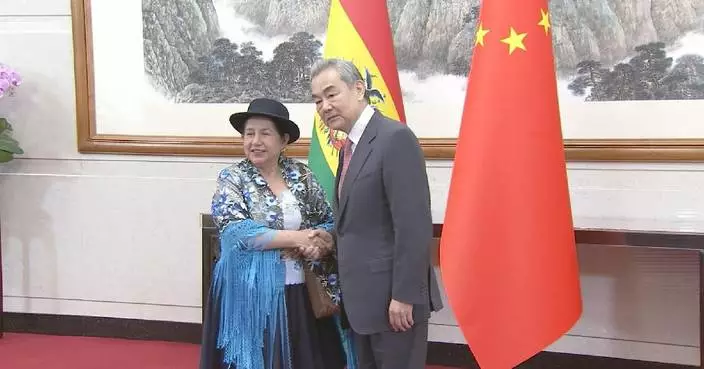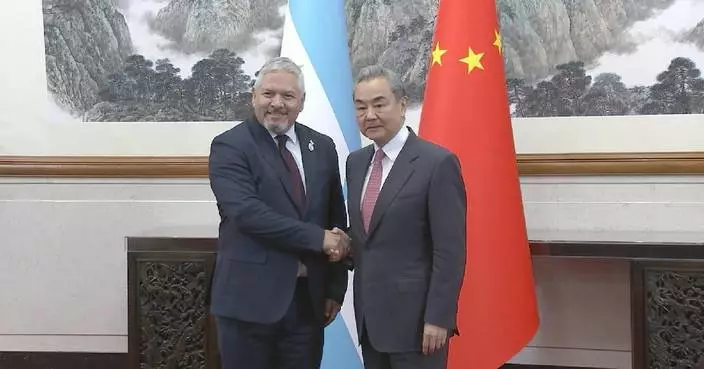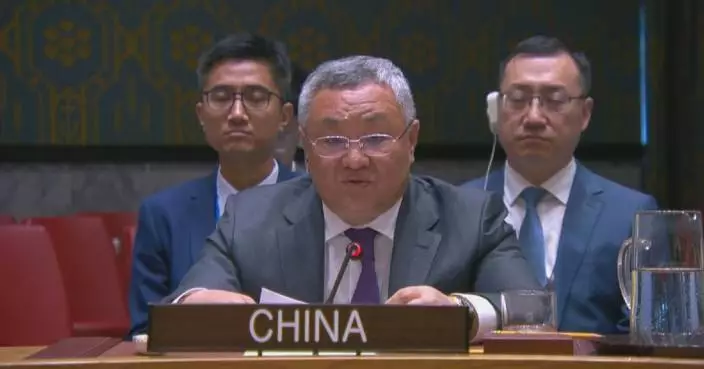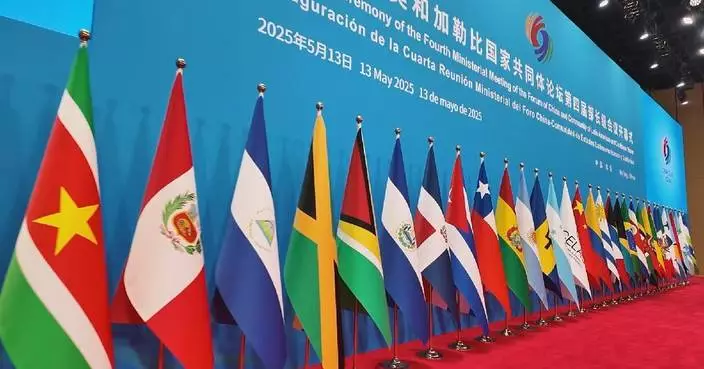China is vigorously fostering new quality productive forces to promote high-quality development, including efforts to develop renewable energy, new energy vehicles, and advance science and achievements in cutting-edge technologies like artificial intelligence, said two experts on Tuesday following President Xi Jinping's 2025 New Year address.
In his message delivered on New Year's Eve via China Media Group and the Internet, Xi highlighted China's significant progress in fostering new quality productive forces in light of actual conditions.
Xi noted the emergence of new business sectors, forms, and models, citing China's record-breaking production of over 10 million new energy vehicles (NEVs) in a single year and breakthroughs in integrated circuits, AI, quantum communications, and other fields.
Speaking in an interview with China Global Television Network (CGTN), Einar Tangen, an analyst and senior fellow at the Taihe Institute, pointed out China's dominance in the electric vehicle (EV) supply chain and logistics, highlighting how earlier doubts from German and American car companies have been replaced with acknowledgment of China's impressive advancements in the EV sector over the past decade.
"People talk about the EVs, but what was really amazing is the supply chain and logistics that go into it. For instance, you have to have the electric motor, you have to have assembled the body, you need the battery. China leads in all of these areas. I mean, you go back 10 years ago and I remember talking to officials at unnamed German car companies and American car companies who are laughing. They said 'the Chinese are going after these electric vehicles. Oh, my goodness! That's silly. They're wasting their money. What do they know about making cars?' Well, long and behold, 10 years later, those are the ones who are wondering if they know how to respond to what China's been able to do," said Tangen.
Tangen then emphasized China's leading position in quantum computing and entanglement, critical for future technologies such as security, communications, and energy-efficient AI.
"But it's not just there. You start looking at quantum computing, entanglement. These are all kind of spooky words. But what it amounts to is that China is leading in these areas and these are the areas that the world is going to need going forward. Entanglement is very important for security and communications. Quantum computing can lessen the amount of energy that is necessary for AI. So it can have a tremendous amount of effect," said Tangen.
Liu Baocheng, dean of the Center for International Business Ethics at the University of International Business and Economics in Beijing, emphasized China's dedication to climate change, leading in renewable energy like solar panels and EVs, supported by widespread charging infrastructure, reflecting China's pioneering role in environmentally friendly development.
"China is highly committed to climate change issues and we contribute a lot to the Paris Treaty. And now we are doing far more homework than that, developing more of the solar panels and together with other renewable energies and the EVs are really there to be the in the frontier position to lead the Chinese precursor of the environmentally friendly development model. And right now, the competition is getting very tough because we have way too many domestic markets. And of course government policy supports in building all the charging posts in almost every corner of the country, and for example, in my neighborhood, we have a number of charging posts and people can really shift batteries and put up the cars," said Liu.
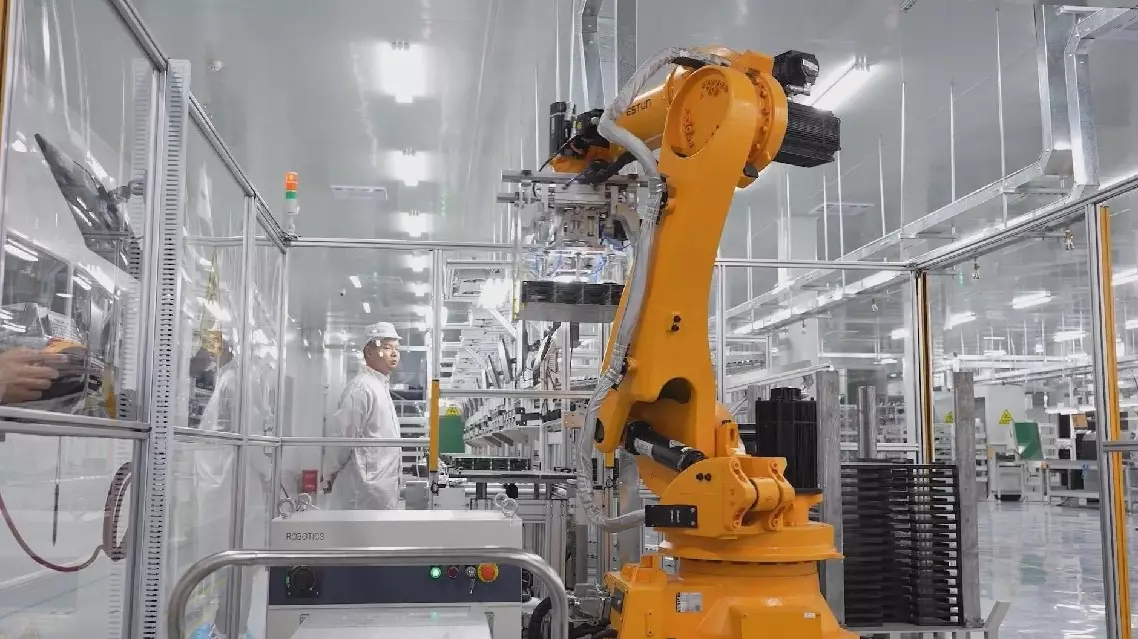
Experts laud China's progress in fostering new quality productive forces after Xi's 2025 New Year message


